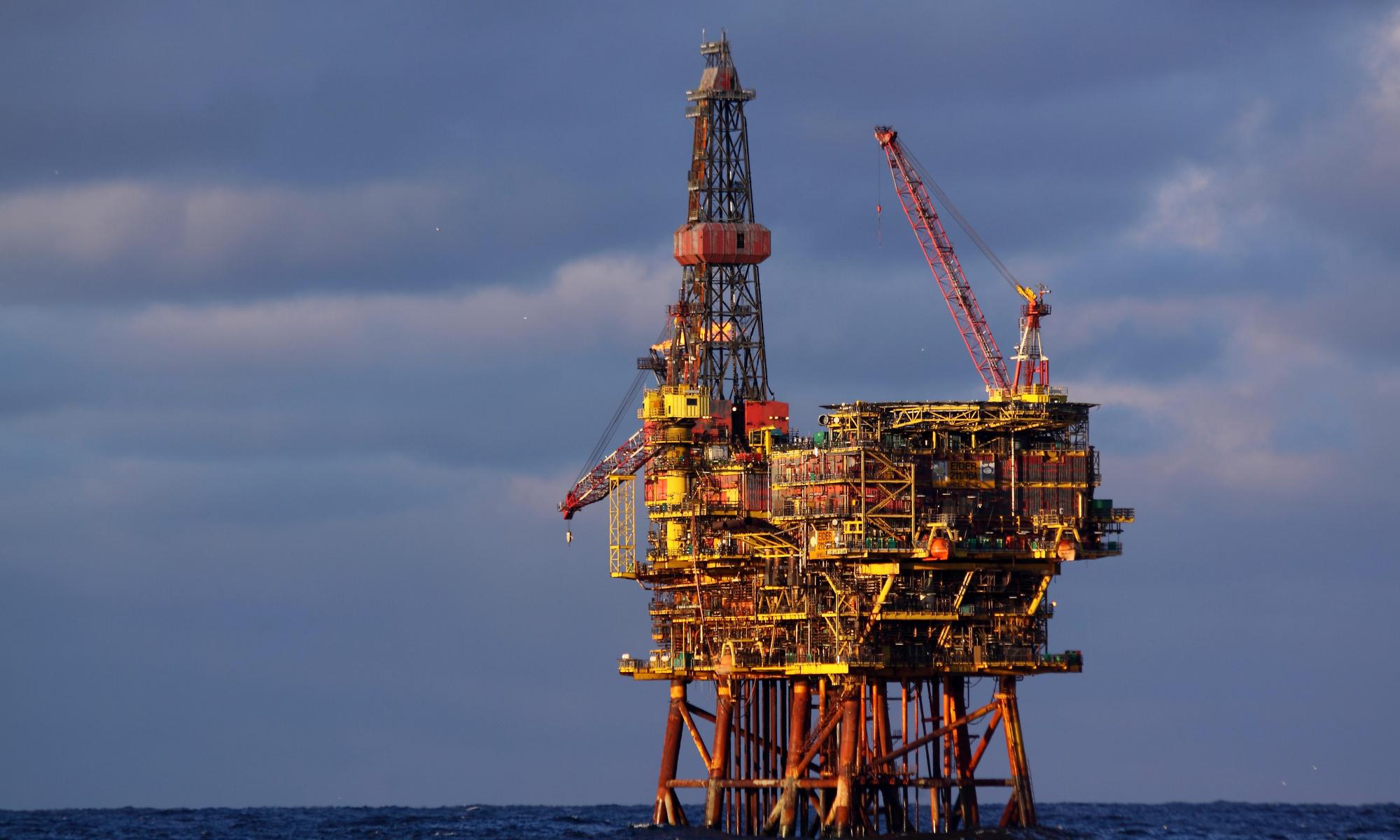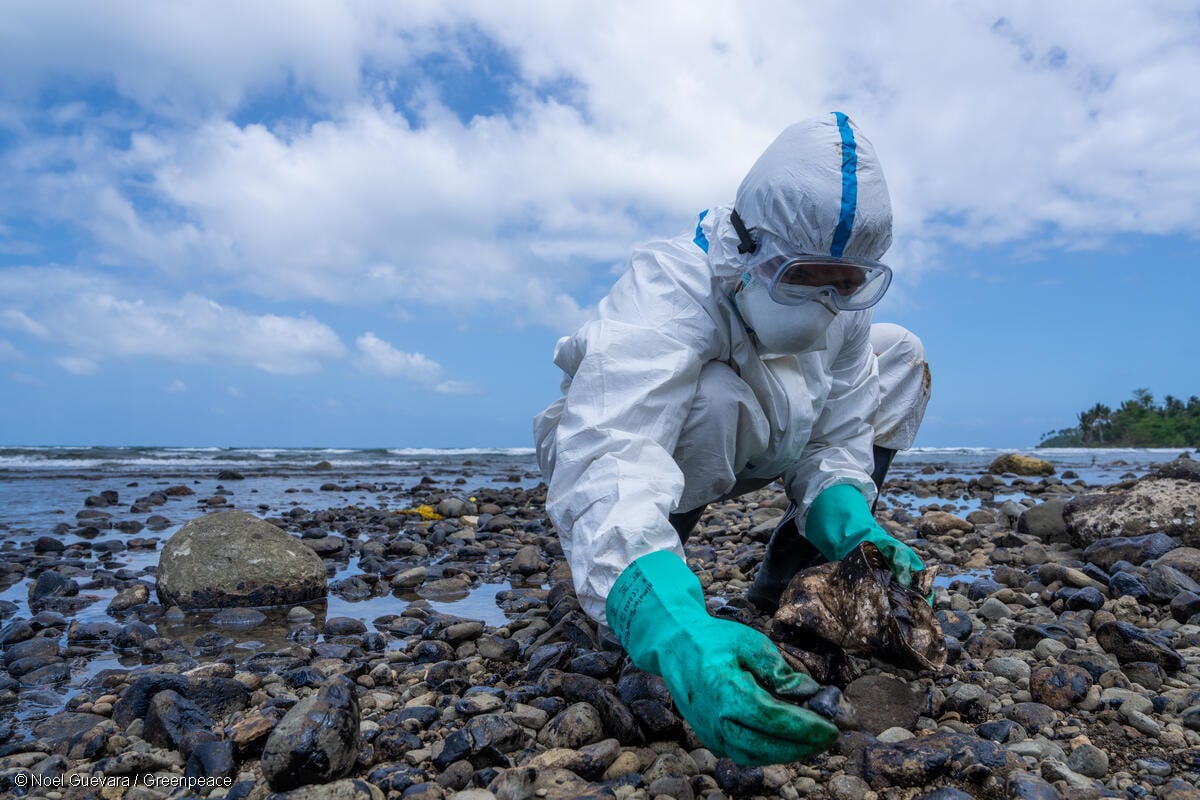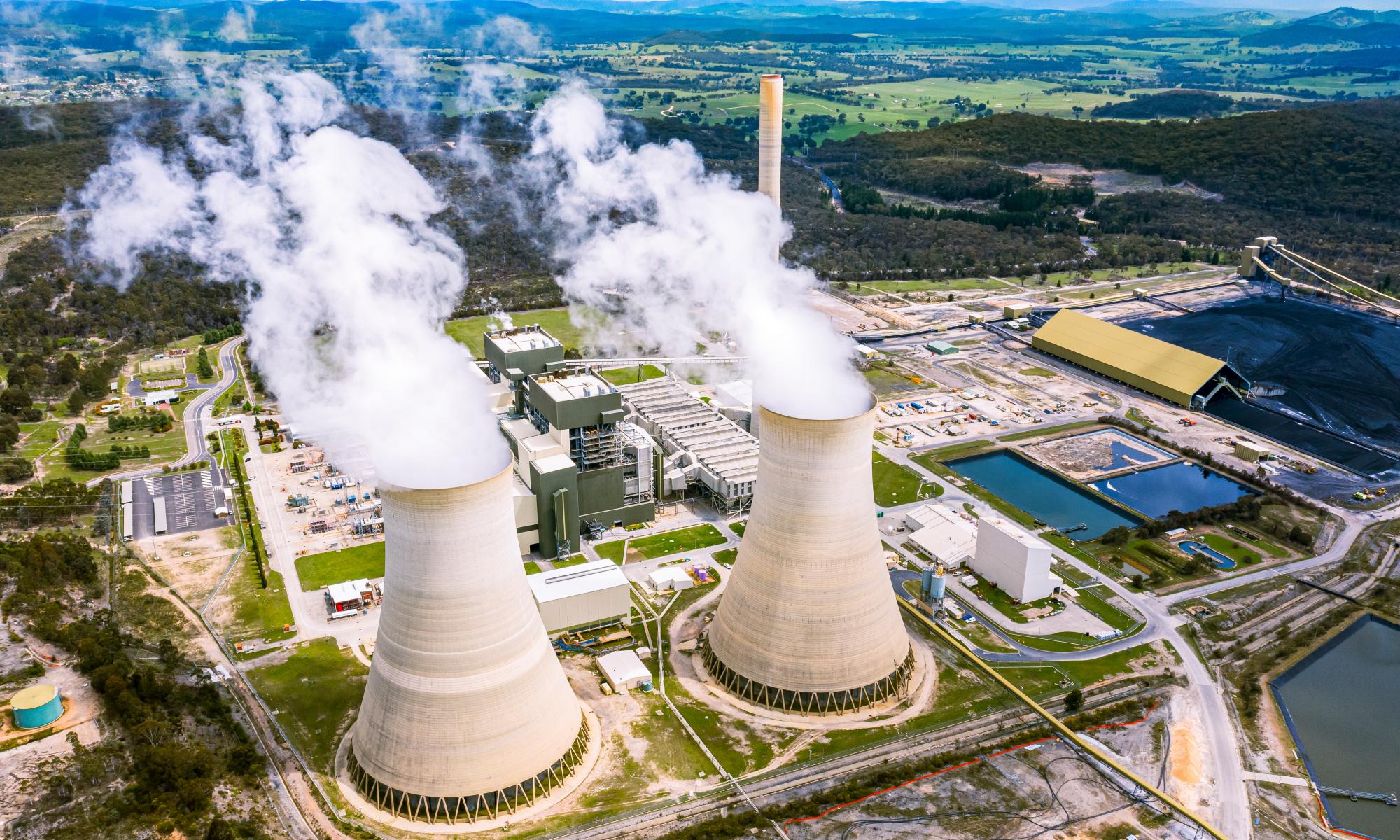The New South Wales government has approved the extension of coalmining under one of Greater Sydney’s reservoirs in a move that environment groups say could affect the quality of water in the drinking catchment.
The Department of Planning, Industry and Environment has granted approval to Peabody Energy for three new longwalls that will extract coal as part of its Metropolitan mine.
The decision, first reported in the Sydney Morning Herald, was made earlier this month and two of the longwalls will go beneath the Woronora reservoir, which supplies parts of southern Sydney and the northern Illawarra.
The approval is the first in two decades to allow for coalmining directly beneath one of Greater Sydney’s reservoirs.
Environment groups, including the National Parks Association of NSW and Greenpeace, are angry the decision was made before a petition with more than 10,000 signatures could be debated in the NSW parliament. Parliament has been suspended due to the Covid-19 crisis.
Peter Turner, the mining project's science officer at the National Parks Association, said mining in the special areas caused damage to the catchment and took volumes of water that “cannot be reliably quantified” because of inadequate monitoring systems.
He said that included impacts on collection of runoff, and the flow of streams, swamps and groundwater into the reservoirs.
“We don’t have enough detailed information of the extent of impact of mining on the primary function and purpose of the special areas which is to supply drinking water into Greater Sydney and the Illawarra,” he said.
Jonathan Moylan, the spokesman for Greenpeace Australia Pacific, said decision was “highly contentious” and “has snuck through amid the Covid-19 health crisis”.
Stuart Khan, a professor in the school of civil and environmental engineering at University of NSW, said subsidence as a result of mining caused issues with water quality that resulted in water having to be treated.
“I think there’s a big philosophical question about whether that’s the right thing to do,” Khan said.
“It’s just a very poor way to protect and manage your water catchment in the long term.
“From a water quality perspective, I don’t think any of this mining should be happening in the drinking water special areas.”
A NSW Department of Planning, Industry and Environment spokeswoman said the Metropolitan mine was “carefully designed to limit subsidence and surface impacts, including the depth of mining, the narrow width of the longwall panels and larger pillars between longwalls”.
She said the extension had been reviewed by independent experts and key regulatory agencies, including the independent expert panel for mining in the catchment within the office of the NSW chief scientist and engineer, the dams safety committee, WaterNSW and the Woronora reservoir impact strategy panel.
“All the experts have advised that the proposed mining would not compromise the reservoir – but have recommended a range of precautionary adaptive measures to ensure the mining is carefully monitored,” she said.
Guardian Australia sought comment from Peabody.


